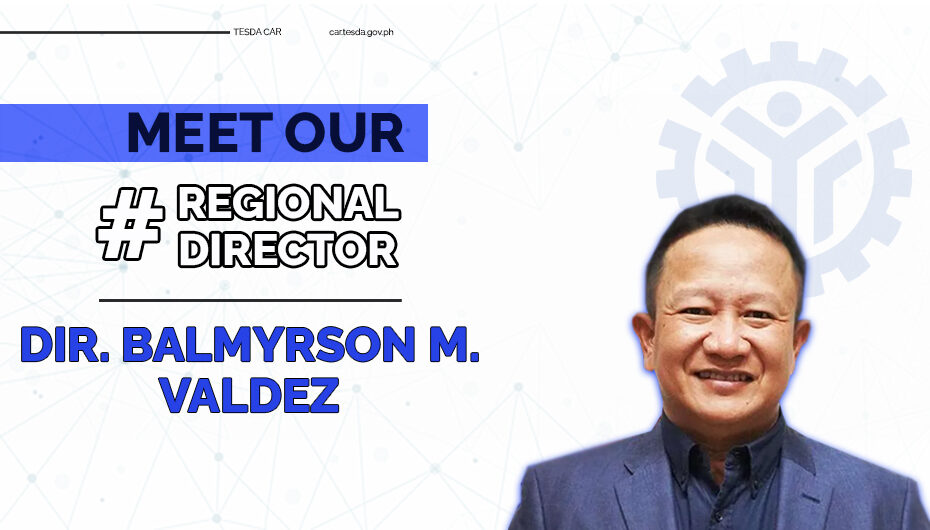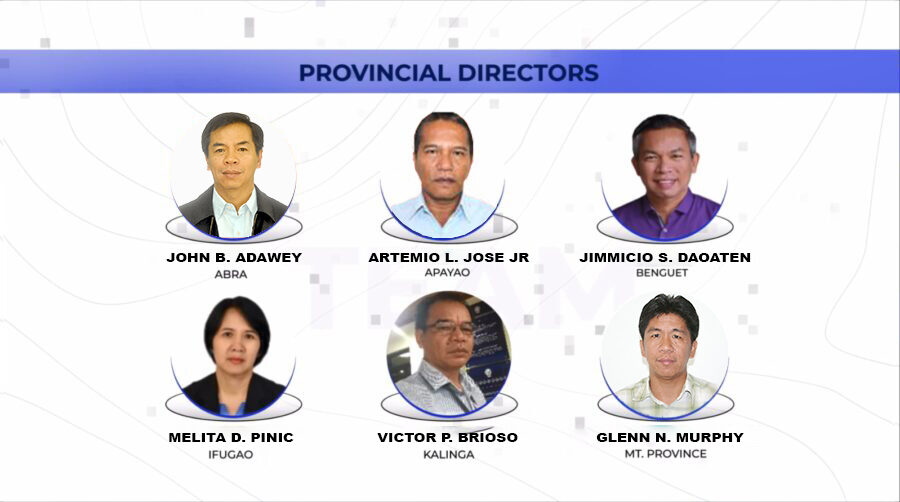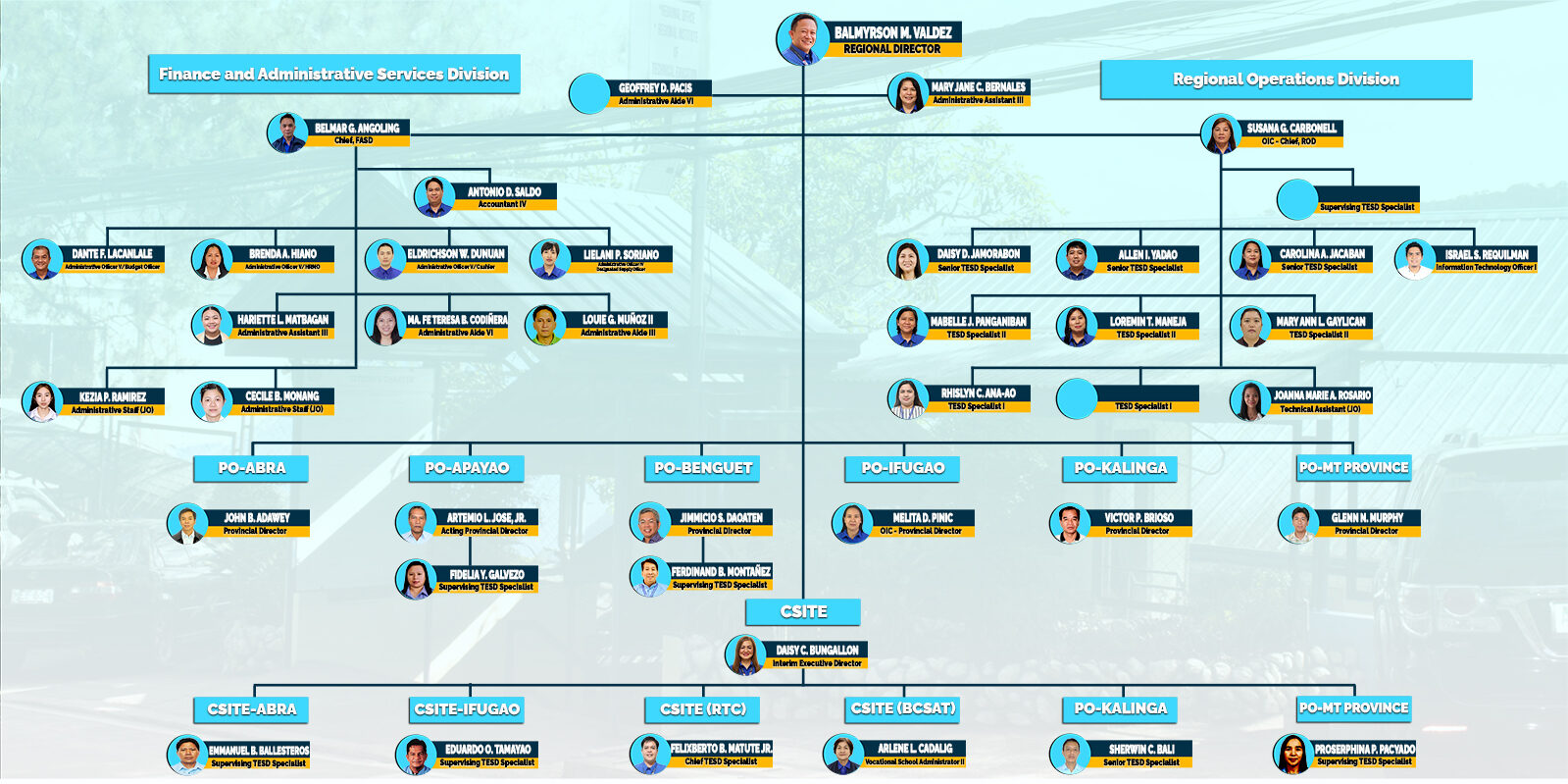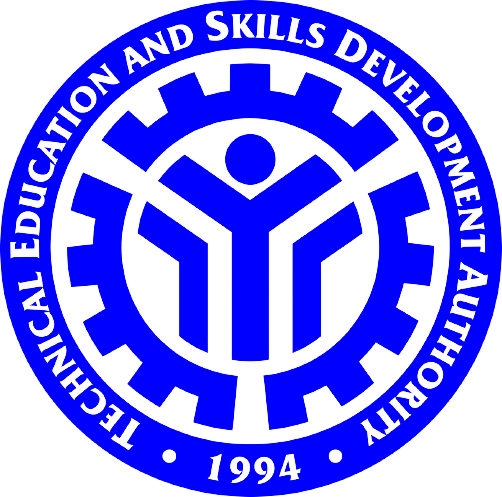TESDA – CAR
On September 13, 1986, President Corazon C Aquino of the revolutionary government met with the Cordillera Peoples Liberation Army (CPLA) led by Fr. Conrado Balweg and the Cordillera Bodong Administration (CBA) led by Ama Mario Yag-ao at the Mount Data Hotel in Mountain Province for the forging of a peace agreement known as “Sipat” for the laying down of arms and cessation of hostilities between the government forces and the CPLA.
The agreement between the two parties paved the way for the government’s recognition of the aspirations for the establishment of an autonomous region for the Cordillera resulting to the issuance of Executive Order 220 creating the Cordillera Administrative Region as a transition towards autonomous region.
The region comprises of six provinces namely; Abra, Apayao, Benguet, Ifugao, Kalinga, and Mountain Province with two cities—Baguio City in Benguet, and Tabuk City in Kalinga which are also CAR’s primary growth centers.
Baguio being the ideal convergence zone of neighboring highland places, is the melting pot of different peoples and cultures and has boosted its ability to provide a center for education for its neighbors.
In 1988, the merging of the National Manpower and Youth Council (NMYC) of the Department of Labor and Employment (DOLE), the Bureau of Technical and Vocational Education (BTVE) of the Department of Education, Culture and Sports (DECS), and The Apprenticeship Program of the Bureau of Local Employment (BLE) of DOLE gave birth to TESDA.
Back in the day, there were only five people who manned NYMC in the region situated temporarily in the city library.
In the Cordillera, there are 118 tech-voc institutions or TVIs that registered a total of 457 TVET Programs. Included in this TVI network are the six Technical Training Institutes (TTIs).
Technical and vocational education and training (TVET) plays important role in enhancing the productivity and employability of individuals. TVET includes formal, non-formal and informal learning that individuals with the knowledge and skills and attitudes required in the world of work.
In terms of economic activity, the economy of Cordillera is industry-based with a high share of manufacturing sector specifically high-value electronics and aircraft/aerospace machinery manufacturing at the Baguio Eco-zone of the Philippine Economic Zone Authority (PEZA).
Baguio is recognized as a melting pot of cultures, with the diversity of indigenous ethno-linguistic groups enriching the socio-cultural scene. Most of the city’s residents now are from the other provinces of the Cordillera.
Tourism and service sector has also been steadily growing especially in real estate, renting and business activities. The sector of Tourism is known to have peaked in terms of graduates.
With the expansion in tourism opportunities both local and outside of the Region, Tourism is thus expected to sustain high outputs during the period. Another sector which consistently produced a large number of graduates is Information and Communication Technology (ICT).
On the agricultural side, TESDA provides skills trainings to farmers in producing more rice at a reduced cost, increase their access to modern and science-based farming techniques and extend the availability of free skills training programs to them.
Several scholarship programs are provided by the TESDA true to its edict to help Filipino workforce through accessible skills development programs especially among the marginalized and economically deprived families. It has been a long commitment of the agency to direct these grantees to available jobs after their graduation which is the primary reason for the scholarship.
Training for Work Scholarship Program (TWSP) was launched in late 2006 with two major objectives: to provide skills and competencies to job seekers in priority sectors/sub-sectors for immediate employment; and to enhance the capacities of technical-vocational institutions in offering quality TVET.
Private Education Student Financial Assistance (PESFA) is a scholarship program promulgated under R.A. 8545. It provides financial assistance to students who want to pursue post-secondary education in private institutions. Financial assistance includes the training cost, book allowance and the training support fund.
Special Training for Employment Program is a community-based skills training program that addresses the specific skills needs of the communities and promote employment, particularly through entrepreneurial, self-employment and service-oriented activities.
Universal Access to Quality Tertiary Education Act (UAQTEA) is a type of scholarship which aims to provide adequate funding and such other mechanisms to increase the participation rate among all socio-economic classes in tertiary education and provide all Filipinos with equal opportunity to quality tertiary education in both private and public education institutions.




